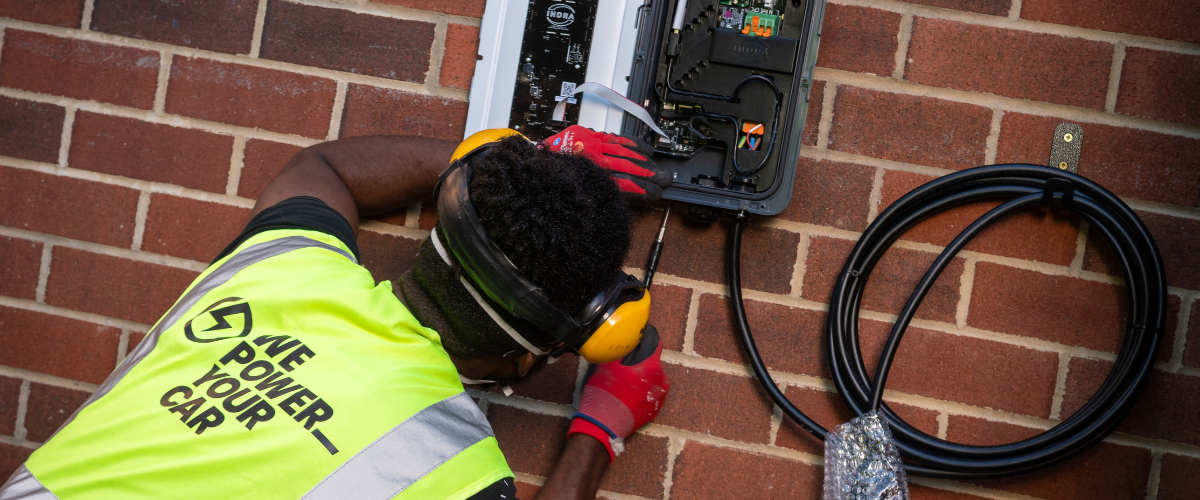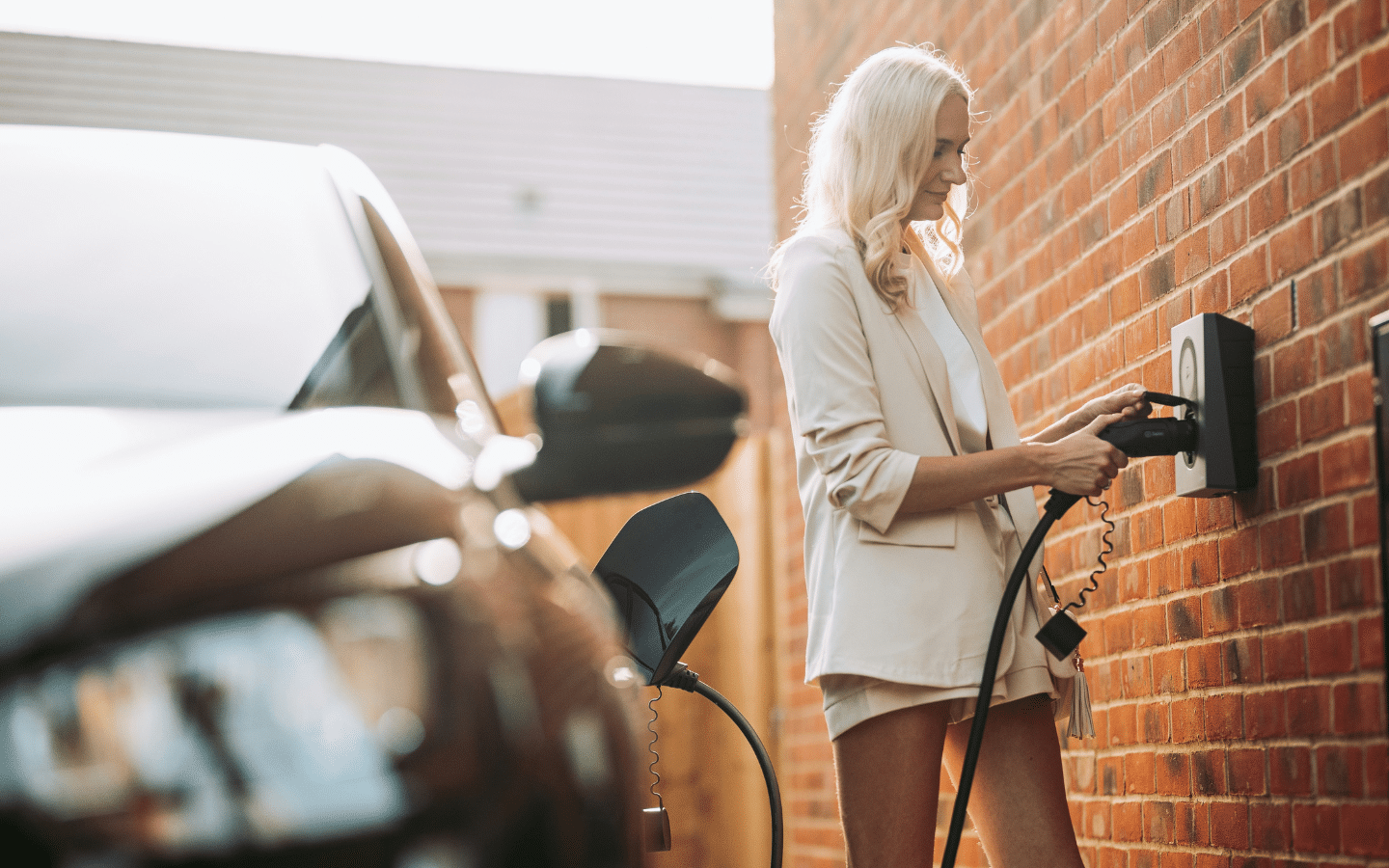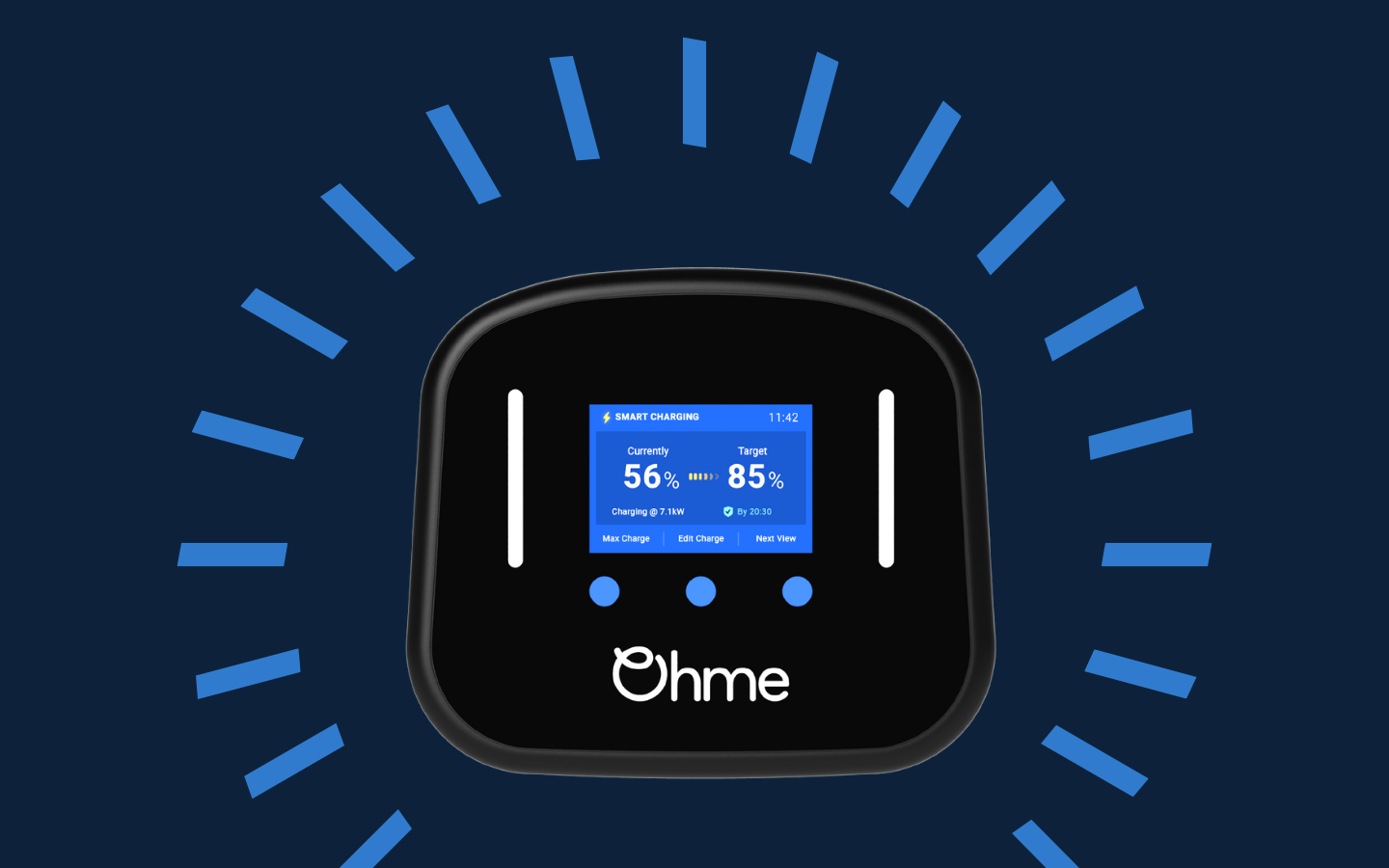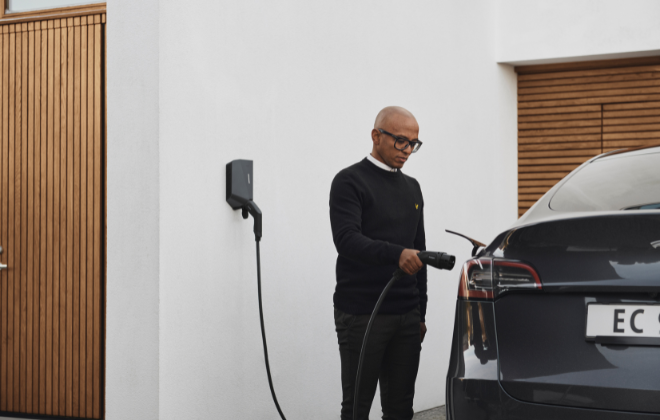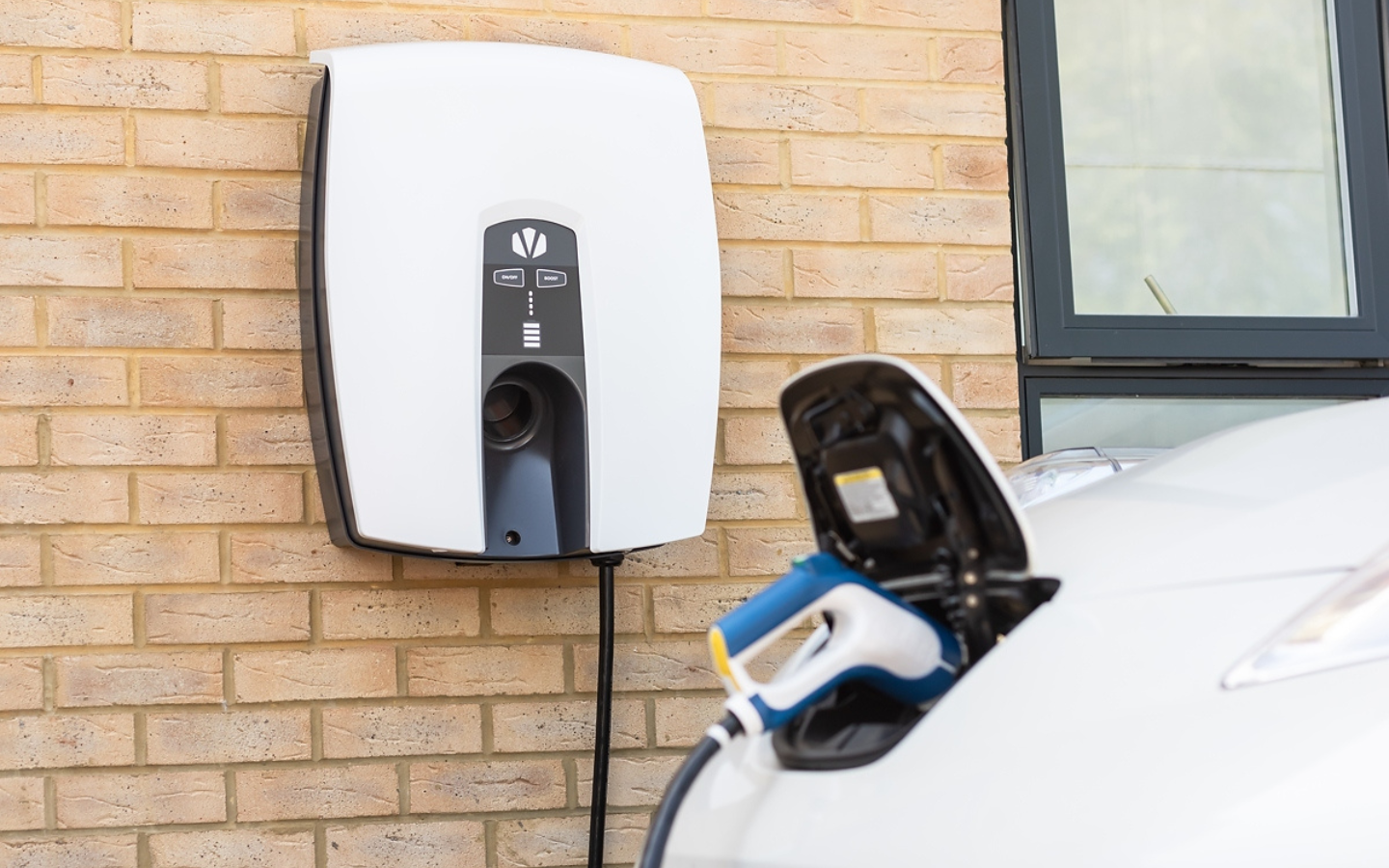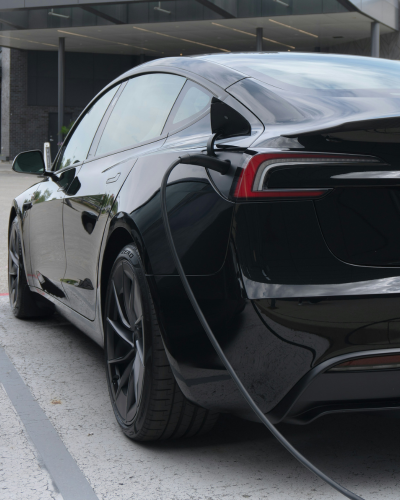
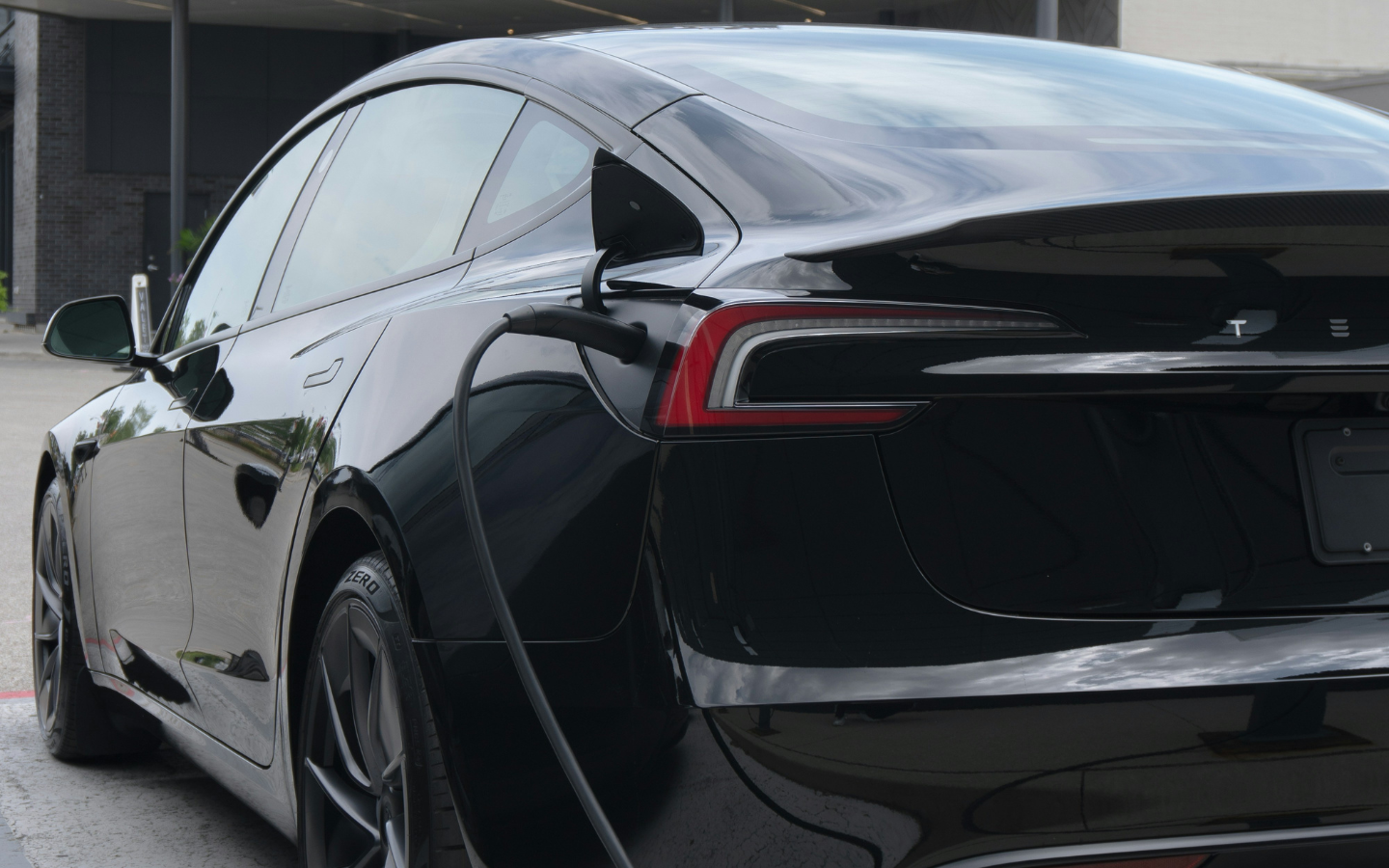
When is the best time to charge your electric car?
With an EV home charger on your doorstep, you may be tempted to plug in and charge your electric car every night to 100%. Or, perhaps you are constantly driving long distances to work, and your pesky range anxiety is whispering that you must fully charge every day without fail, with the 87,168 chargers across the UK. You’re stopping off and queuing at costly public charging points or overheating your three-pin plug charger because you are constantly keeping your EV fully charged.
Here, we explain why you can save time and money and boost your battery health by not doing this.
Keep reading as we explore the best times to charge your electric car, offering advice and tips along the way.
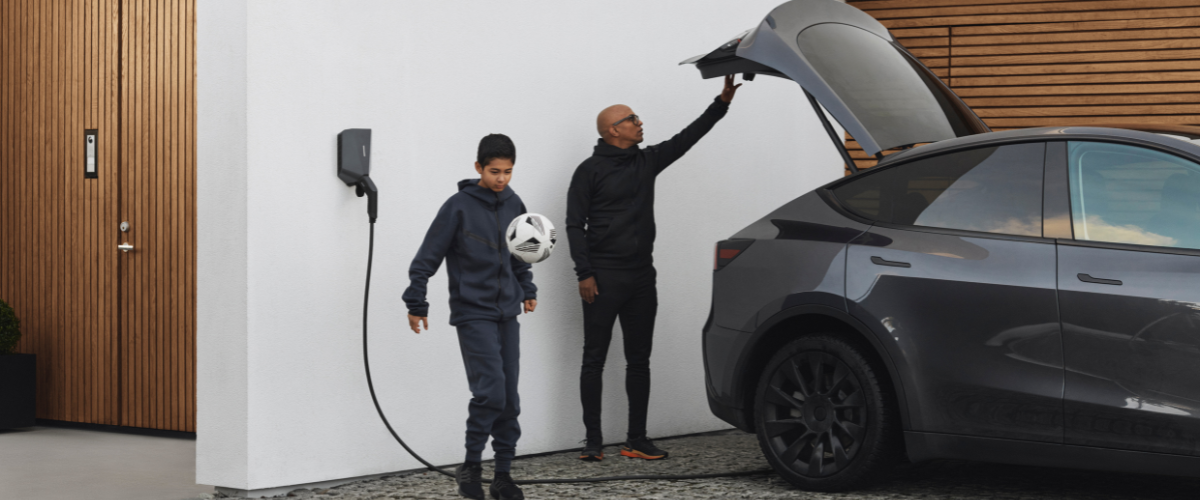
So, when should I charge my electric vehicle?
Charging your EV at the right time can make a huge difference for your bank balance, your electric car’s battery, and, generally, time efficiency.
Of course, you can charge your electric vehicle whenever you would like. It’s up to you, your schedule, and the availability of EV charging stations near you to determine when you can and should charge your EV. It’s a personal decision, just like when you fuel your internal combustion engine vehicle (ICE).
That said, unlike petrol and diesel vehicles, you can save money at certain times of day with home fast chargers.
As a matter of fact, charging your electric car during off-peak hours is hands down the best time to charge your EV and is the ultimate sweet spot for home charging.
Why?
Cheaper electricity.
Why is electricity cheaper overnight?
To start, energy providers offer cheaper electricity prices during off-peak hours. The specific hours vary depending on the electricity company. Typically, though, it’s anywhere between 11 pm to 8 am. During this time, the electricity demand is lower as people are usually tucked up in bed and appliances like kettles, ovens, and washing machines don’t tend to be in use.
With this plunge in demand, prices are dramatically lower than the standard peak prices. The energy is generated more sustainably, too – for example, with wind farms, reducing your carbon footprint.
What’s more, electricity companies tend to offer specific EV tariffs during these off-peak hours to decrease the cost of charging even further. With the correct home charging eco-system, you can charge for only 7p per kWh with EV-specific tariffs like the Intelligent Octopus Go tariff and 7.9p with the British Gas EV Tariff. You’ll need a smart meter for this, though.
With this in mind, it’s a no-brainer when you should charge, especially when you can easily set your car to charge during these with your home EV charger, so you can sleep and save without manually plugging in in the middle of the night.
While not as cheap, other energy providers have hopped on the cheaper electricity bandwagon, including E.ON, OVO and EDF. To ease the electric revolution, energy providers encourage charging during the hours for grid stability.
Charging your electric car during off-peak hours overnight is, therefore, the best time to charge your EV – if you have a home charger, that is.
The proof is in the pudding – discover how much you can save with our home EV charging cost calculator.
Should I charge my electric vehicle every night?
You can charge your EV every night. Safety isn’t an issue. Damage isn’t either. Once your electric car has fully charged, its battery management system will take hold, automatically stopping charging.
Sometimes, it even has its perks. For one, plugging in your EV every night means you can precondition your car when it’s cold without losing charge.
But should you charge your EV every night?
Try not to.
Much like a petrol or diesel car, you can top up as much as you need at that moment. Full tank. Half a tank. You decide.
Keep in mind that the average range of an EV is 211 miles on a single charge, and the average commute is 19.5 miles, too. So, EV drivers have plenty of range to get to and from work without having to charge daily. Save time, energy and money by not forcing yourself to overcharge.
That’s not to mention that constantly charging your EV every night can damage the battery, especially if you charge to 100%.
Find out how long it will take to charge your electric car with our calculator.
Should I charge my EV to 100%? How often should I charge my EV to 100%?
As a baseline rule, no, you shouldn’t charge your EV to 100% – and especially not every night. Unlike phone or laptop batteries, which are habitually charged to 100% every day, this isn’t recommended by manufacturers, us, or any other EV expert for EV charging. Full charges are simply not needed.
Why? Well, lithium-ion batteries are the life source of an electric car and are the most expensive part of the car, too. By charging to 100%, you’re putting stress on the most important part, encouraging quicker battery degradation and reducing longevity and range.
Unfortunately, this means you might need a replacement battery sooner than necessary. EV battery prices vary, but unfortunately, they are hefty. Top Gear reports that an electric battery can cost up to a whopping £15,000.
Keeping your electric car’s battery state below 100% helps extend its life, reducing long-term maintenance costs and ensuring it stays in peak condition for longer.
Of course, don’t stress if you charge your EV to 100% sometimes. Once in a blue moon, when you need to, please do so. For example, if you’re planning a long trip and you need every whisp of energy, then feel free to fully charge to ease your mind and prepare for your journey. Remember to use EV charging apps such as Zap-Map to help plan a stress-free trip, too.
Again, while the reasoning is different, it’s similar to the pattern of a petrol car. Think – you’re not constantly filling up your ICE vehicle when it slips just below a full tank, are you?
Overall, the idea is not to consistently charge your electric vehicle to 100%, and even more so from 0% to 100%. Instead, try to keep your battery charge between 20%-80%.
Want to go the extra mile to prolong the life of your EV? Read our tips and tricks for maintaining electric car health.
The final consensus: When and for how long should you charge your electric car?
In our professional opinion, charging your electric car overnight during off-peak hours is the best time to charge as you can save significantly on EV charging costs. Try to avoid charging your electric car every night to protect your EV battery. When charging, stick to keeping your state of charge above 20% and below 80% for the state of charge instead of charging to 100%.
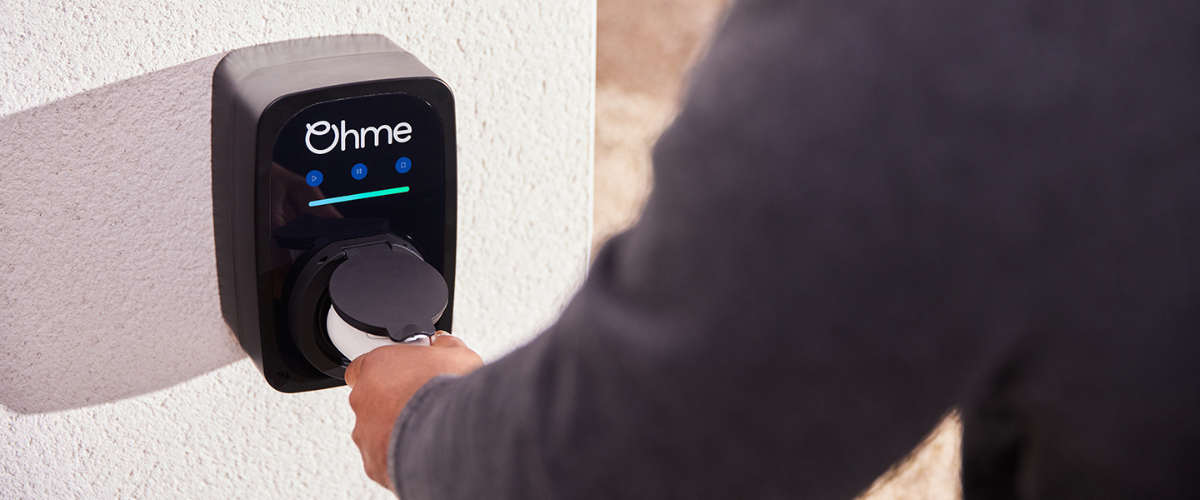
Desperate to start saving on your home EV charging costs?
Now you know that charging overnight during off-peak hours with an EV home charger is the best time to charge, take advantage and purchase your EV charger today.
Our expertise allows us to offer stress-free, tidy, safe EV charger installation. With local engineers across the UK, we can install EV chargers near you.
Browse our chargers or get your free quote below.
